New OpenType specification is a result of Microsoft, Adobe, Apple and Google collaboration
2 min. read
Published on
Read our disclosure page to find out how can you help Windows Report sustain the editorial team. Read more

Microsoft isn’t above working together with other industry leaders to make something new. Just last week, they announced on their Typography blog that in collaboration with Adobe, Apple, and Google, they’ve helped create a new enhancement to OpenType.
The article explains in further detail:
OpenType Font Variations enables web site designers and application developers to deliver typographically rich experiences while using very little network bandwidth and small font files. Variable fonts will also give document creators a broad palette of typographic features without having to manage hundreds of font files. Variable fonts are all about doing more with less.
In layman’s terms, every font has a few variations such a bold, italic, etc. These different variations each have their own file and take up more space than they would if they were combined. With OpenType Font Variations, the files are condensed and take up much less space. This will improve the bandwidth of a web page as well. Not only will the performance improve, but the files can contain much more information such as adding new styles of that smoothly adjust. Responsive typography is a feature that will help design across a wide range of resolutions.
OpenType specifications were originally released nineteen years ago. This is the first enhancement it’s had since then, a major accomplishment for all of those involved. The Font Variations are available in OpenType 1.8.
If you’re that much of an enthusiast for OpenType, an hour and a half long video was released of the ATypI 2016 conference where the announcement was made.
According to the announcement, Microsoft wants to implement platform support for the OpenType Font Variations next year. Maybe even early in 2017 since they mentioned updates reaching the Windows Insider preview builds ‘in the coming months’. The hinted at “soon” schedule didn’t stop Microsoft from slipping in some of the functionality in the Windows 10 Anniversary Update earlier this summer.
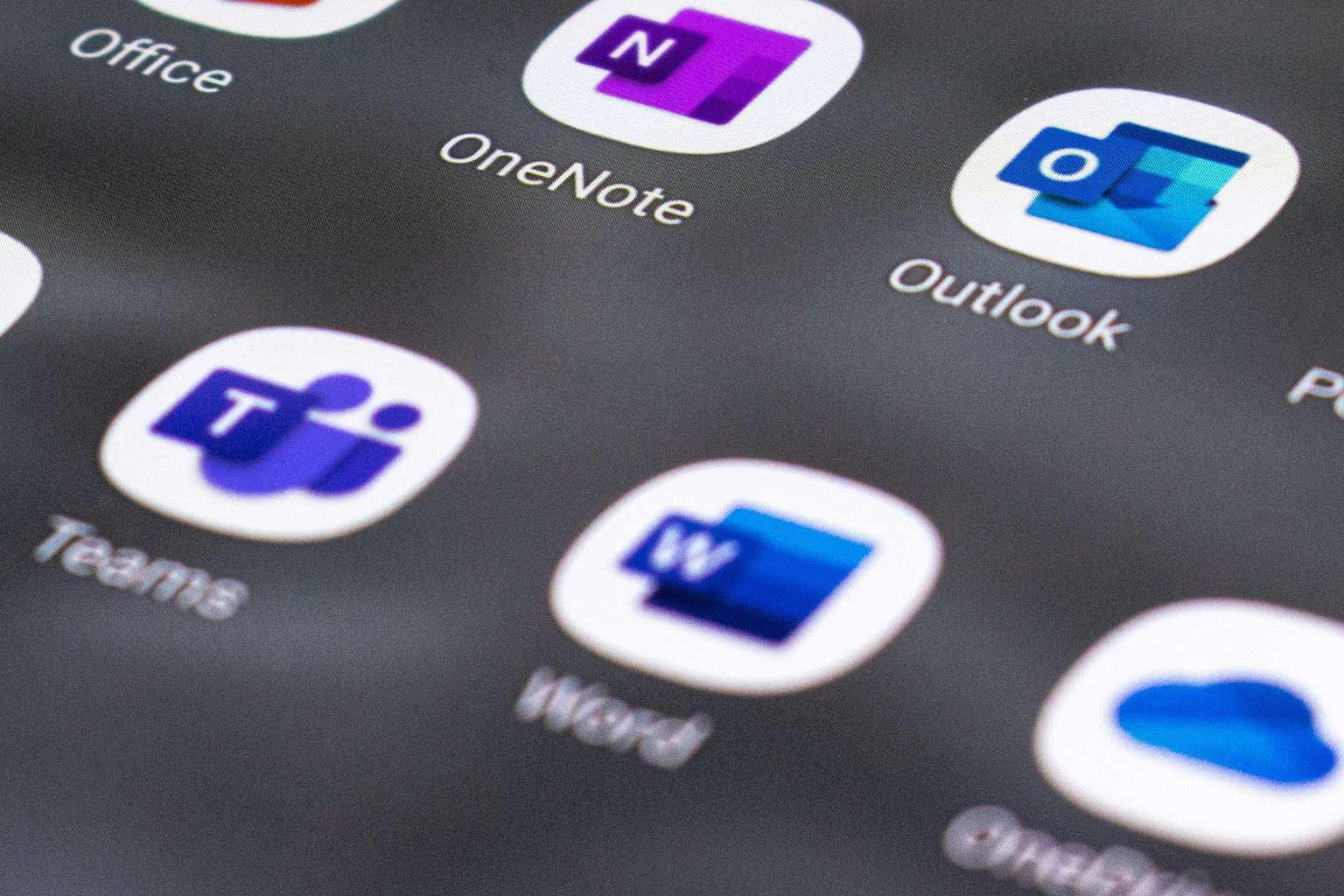
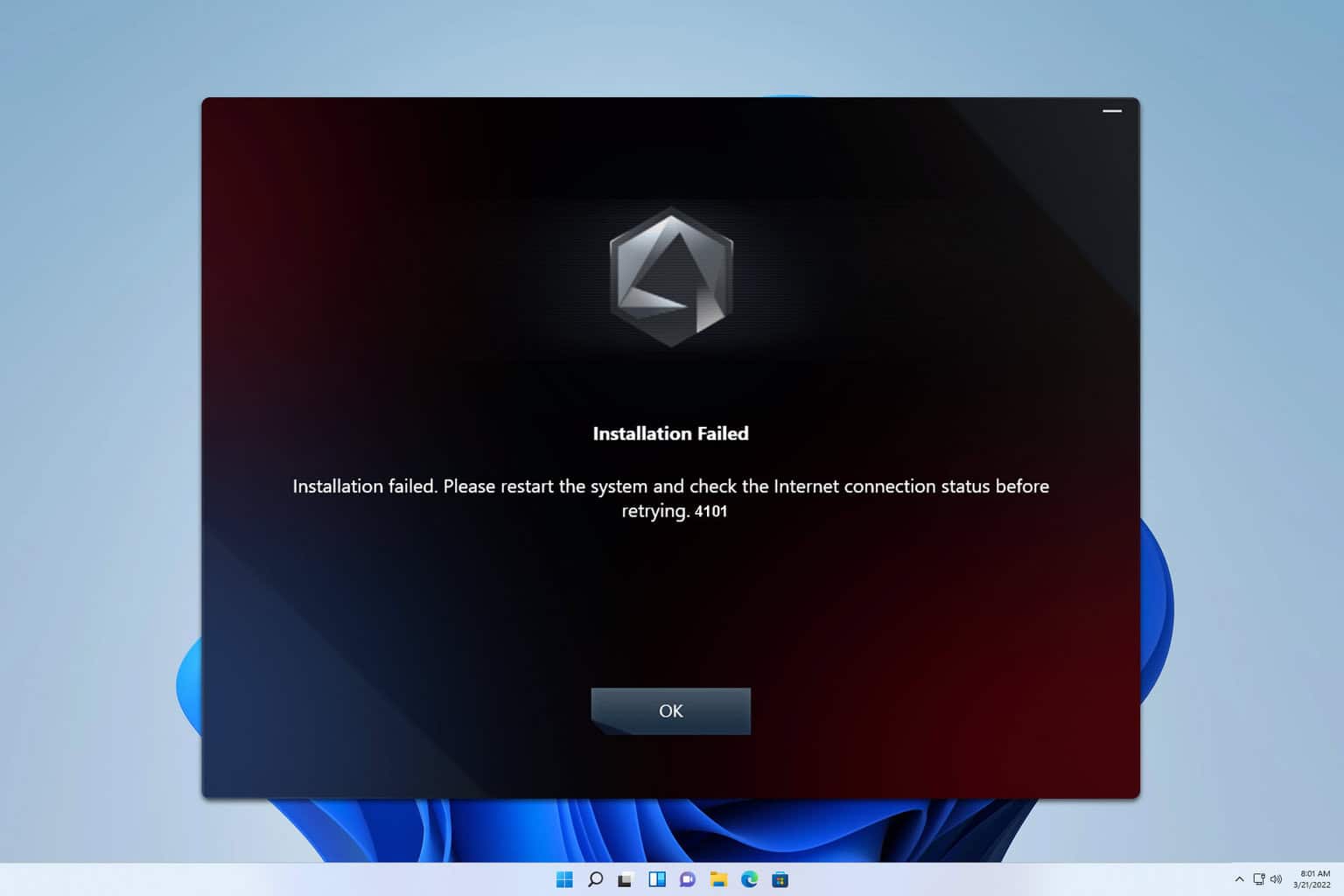

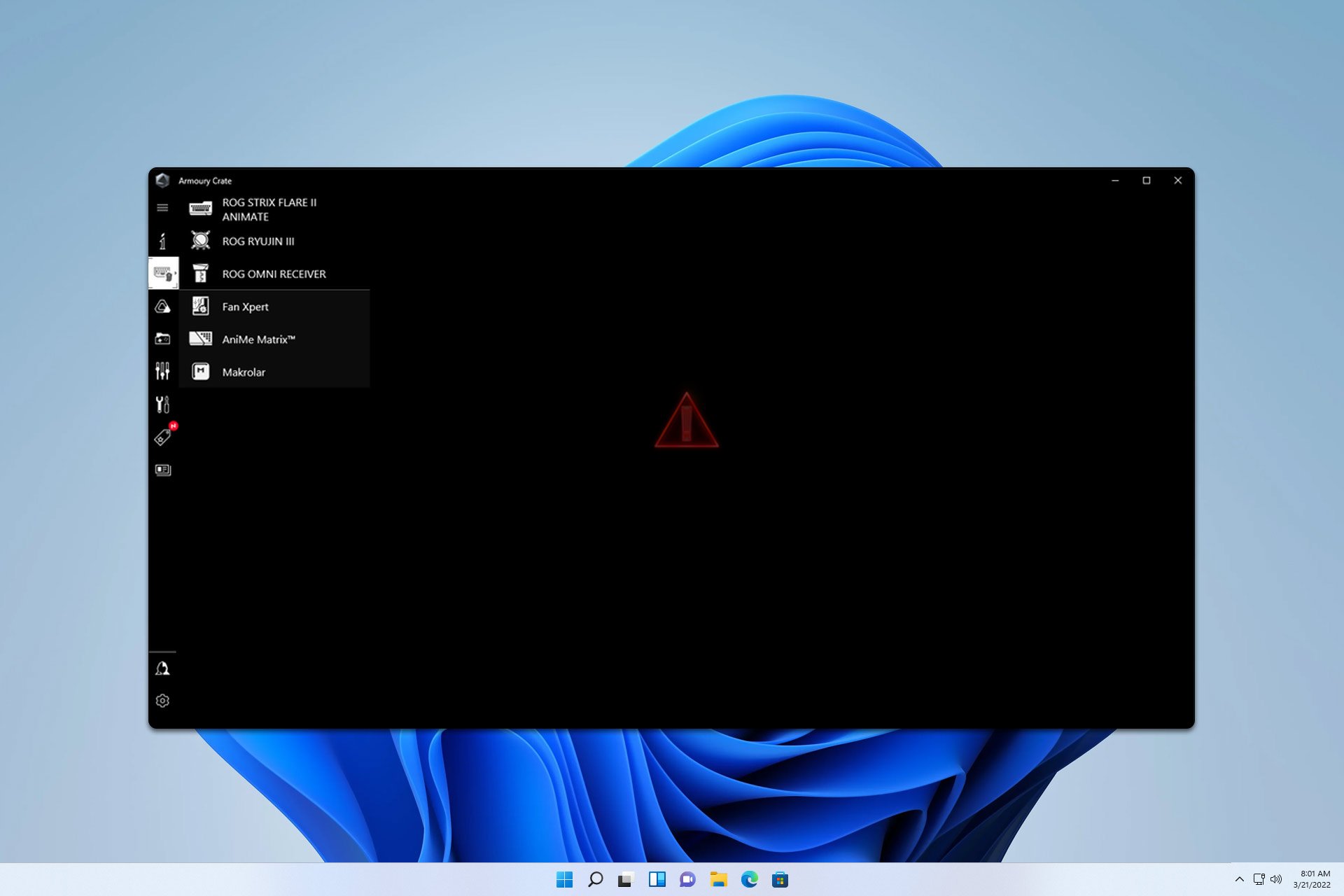
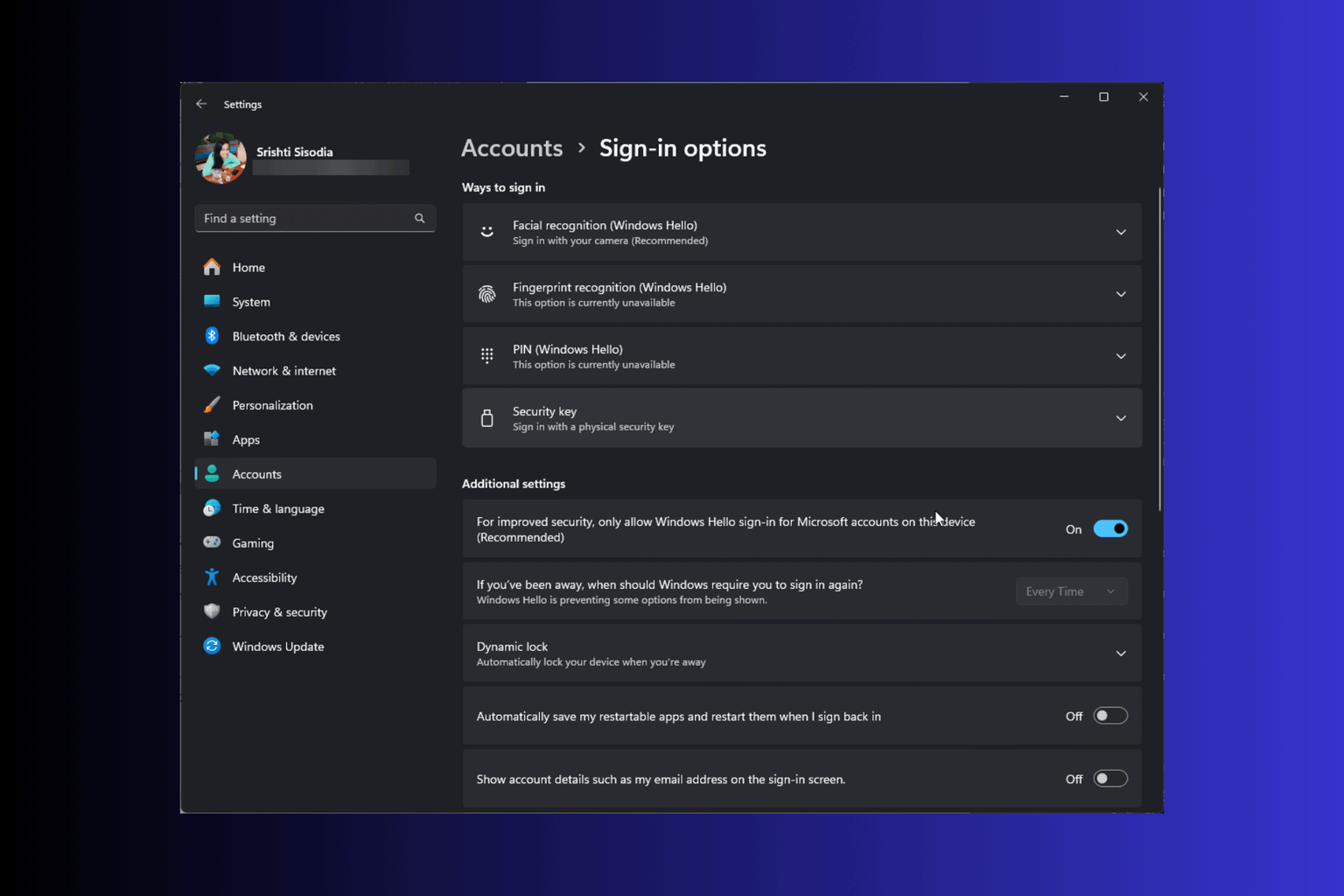

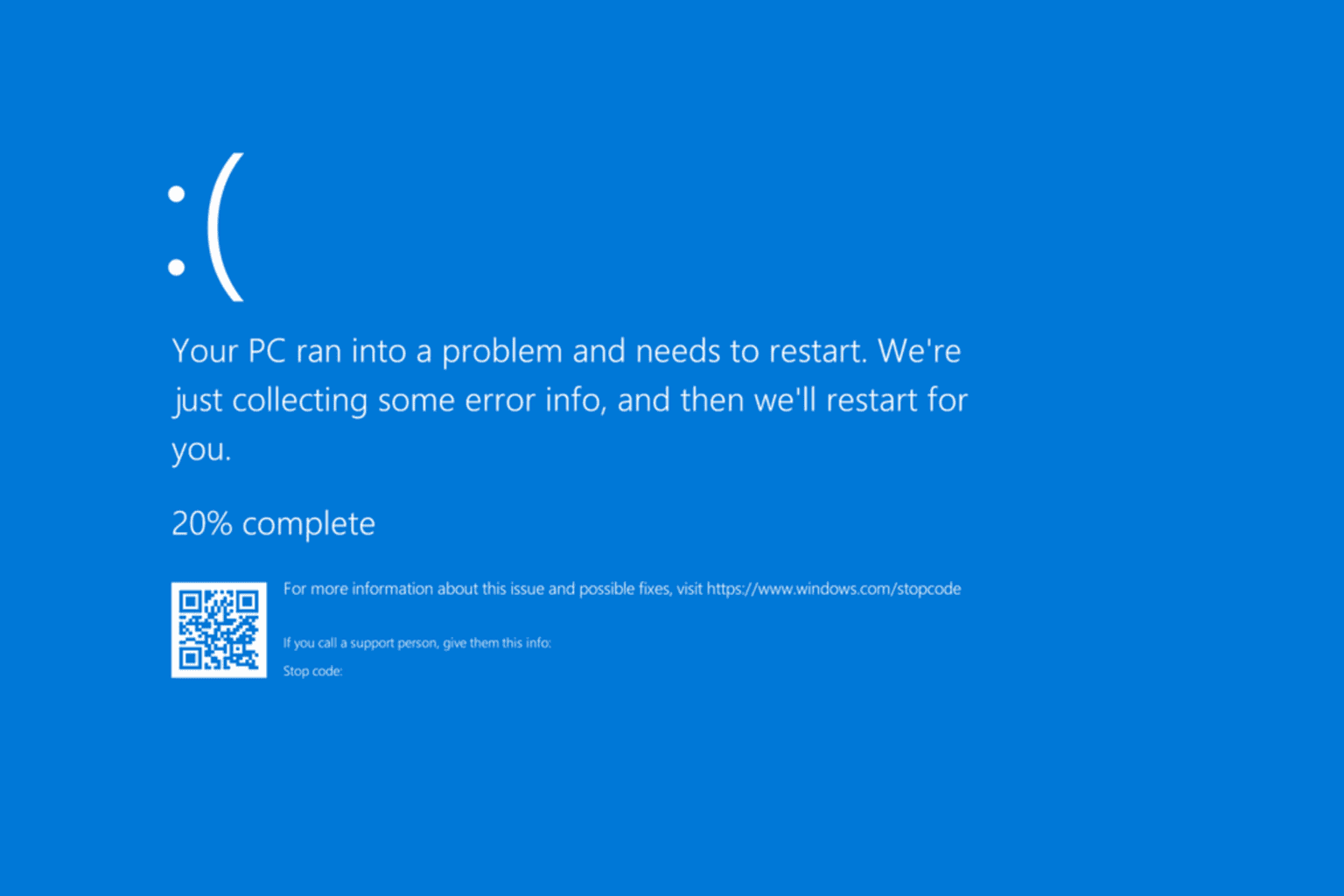

User forum
0 messages